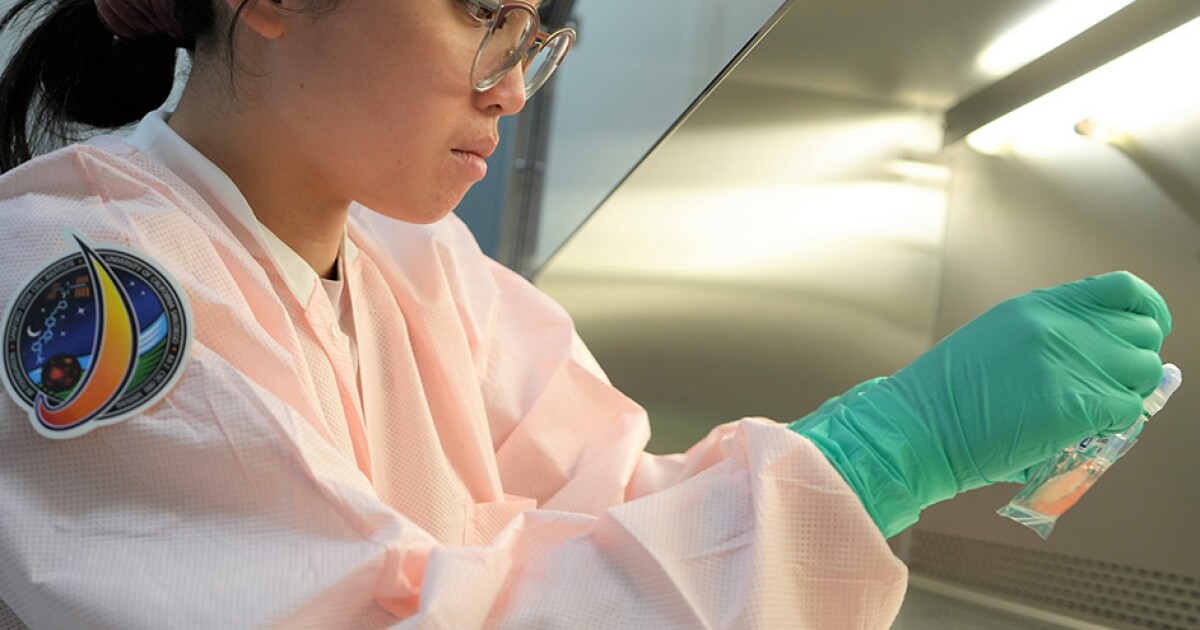Scientists on the College of California (UC) San Diego would be the first to check two most cancers therapies in area, launching new stem cell experiments onto the Worldwide Area Station. They’ll even be how area impacts the stem-cell well being of astronauts.
“Area is a uniquely worrying atmosphere,” stated Catriona Jamieson, professor at UC San Diego College of Medication and director of the Sanford Stem Cell Institute. “By conducting these experiments in low Earth orbit, we’re capable of perceive mechanisms of most cancers evolution in a compressed timeframe and inform the event of latest most cancers stem cell inhibitory methods.”
The scientists from the Sanford Stem Cell Institute at UC San Diego are benefiting from microgravity circumstances, which may speed up growing old, irritation and immune dysfunction in human stem cells. Not solely will this develop our information about conserving astronauts wholesome, but it surely might additionally present helpful details about treating most cancers on Earth.
That is the second mission onto the Worldwide Area Station (ISS) through the Axiom Area Non-public Astronaut Mission. The primary, Axiom Mission 1 (Ax-1), checked out growing predictive fashions for immune dysfunction and pre-cancerous stem cells. The researchers discovered that most cancers stem cells appeared to regenerate extra simply in low Earth orbit and have become resistant to straightforward therapies.
For his or her second outing, Axiom Mission 2 (Ax-2), the scientists have despatched organoid fashions of leukemia, colorectal and breast most cancers into low Earth orbit to grasp how cancers adapt to develop into resistant to straightforward therapies. They may check two ADAR1 inhibitors – Fedratinib and Rebecsinib – to see in the event that they reverse the technology of most cancers cells and have an effect on most cancers development. Overexpression of ADAR1 permits most cancers cells to evade the physique’s pure immune responses.
The scientists will even conduct a longitudinal examine to observe the well being of the ISS’s astronauts, monitoring stem cells earlier than, throughout, and after spaceflight. Blood samples will probably be analyzed to evaluate the exercise of DNA and RNA-editing enzymes linked to immune dysfunction and pre-cancerous modifications. The knowledge obtained will assist researchers perceive how these enzymes are related to these circumstances and develop potential countermeasures.
The experiments, a part of the NASA-funded Built-in Area Stem Cell Orbital Analysis (ISSCOR) Middle, will probably be carried out over 10 days, after which the information will probably be collected and analyzed at UC San Diego.
“With the rising assist of NASA, philanthropic funders and our companions in industrial spaceflight, that is just the start of an extended line of thrilling and impactful well being science advances that will probably be enabled by area,” Jamieson stated.
Supply: UC San Diego


